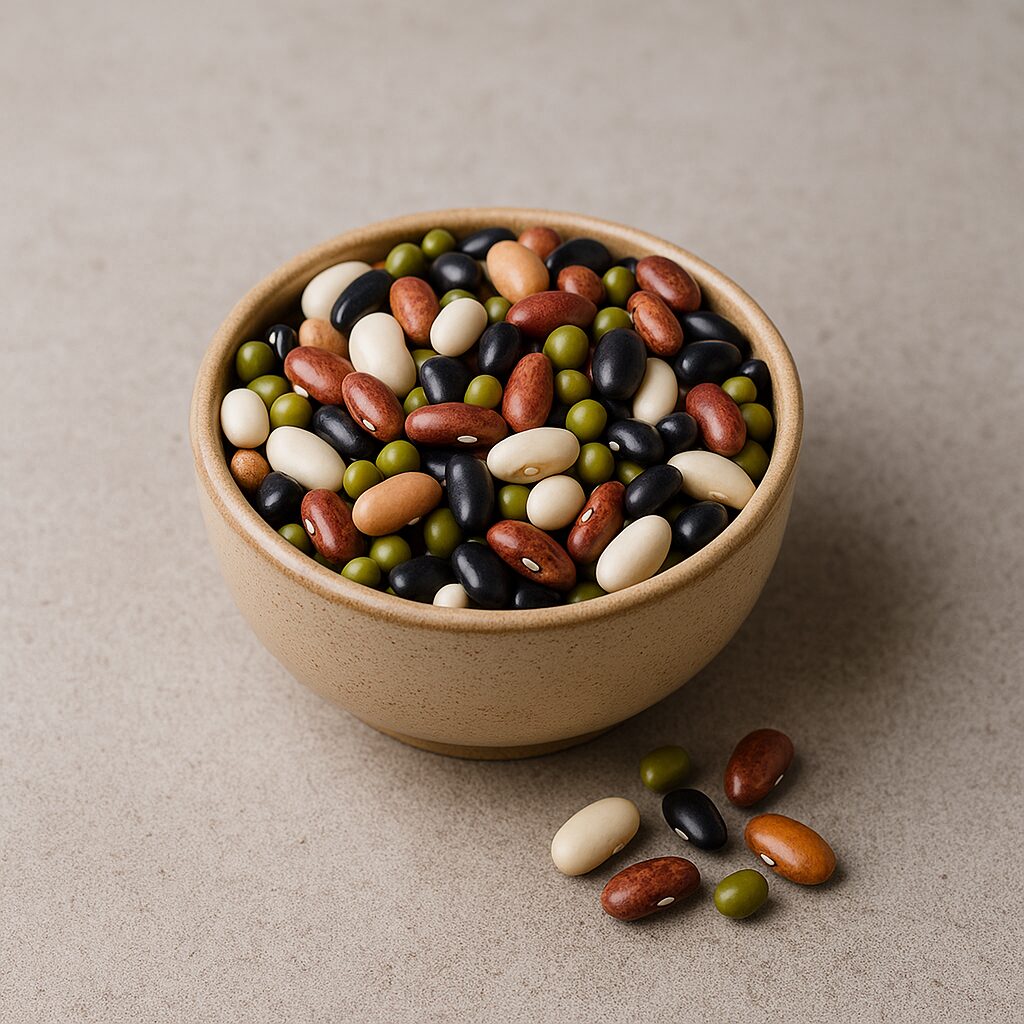Molybdenum is an essential trace mineral that the body needs in very small amounts, yet it plays a critical role in health. Found mainly in the liver, kidneys, and bones, it acts as a cofactor for several key enzymes. While deficiencies are rare, adequate intake may support metabolism, detoxification, and overall balance. This article summarizes the main benefits of molybdenum and how it can be included in daily nutrition.

1. Enzyme Function Support
Molybdenum serves as a cofactor for enzymes involved in breaking down amino acids, drugs, and toxins. Without it, many essential enzymatic reactions may not occur efficiently. This function helps the body maintain normal protein and sulfur metabolism.
2. Detoxification Processes
Certain enzymes that rely on molybdenum may help break down sulfites and other potentially harmful compounds. This process could reduce toxic buildup in the body and support liver function, contributing to overall detox balance.
3. Nitrogen and Energy Metabolism
Molybdenum plays a role in amino acid breakdown and nitrogen metabolism, which are necessary for energy production. Adequate intake may help reduce fatigue and support vitality by allowing cells to generate energy more efficiently.
4. Dental and Bone Health
Some studies suggest that molybdenum may contribute to stronger tooth enamel and bone health. It could help reduce the risk of cavities and support skeletal stability when combined with a balanced diet.
5. Antioxidant Role
While molybdenum is not an antioxidant itself, it helps activate enzymes that reduce oxidative stress. This indirect effect may protect cells from damage and support long-term wellness.
6. Deficiency and Risks
Deficiency is rare, but when it occurs, it may lead to problems such as poor detox function, fatigue, or nervous system issues. On the other hand, excessive supplementation may cause copper imbalance or joint discomfort, so moderation is key.
7. Sources and Intake
Molybdenum is naturally present in legumes, grains, nuts, and leafy vegetables. The recommended daily intake for adults is about 45 mcg, which can generally be met through a normal diet. Soil content may influence the mineral level in plant-based foods.
🌿
Molybdenum may be a trace mineral, but it supports essential processes such as enzyme activity, detoxification, metabolism, and bone health. Including a variety of legumes, whole grains, and vegetables in your diet could help maintain sufficient levels without the need for supplementation.
References and Further Reading
World Health Organization (WHO) – Trace Minerals Overview
National Institutes of Health (NIH) – Molybdenum Fact Sheet
Food and Agriculture Organization (FAO) – Minerals in Nutrition
※ This article is for general informational purposes only. Effects and needs may vary by individual, and professional guidance is recommended before considering supplements.